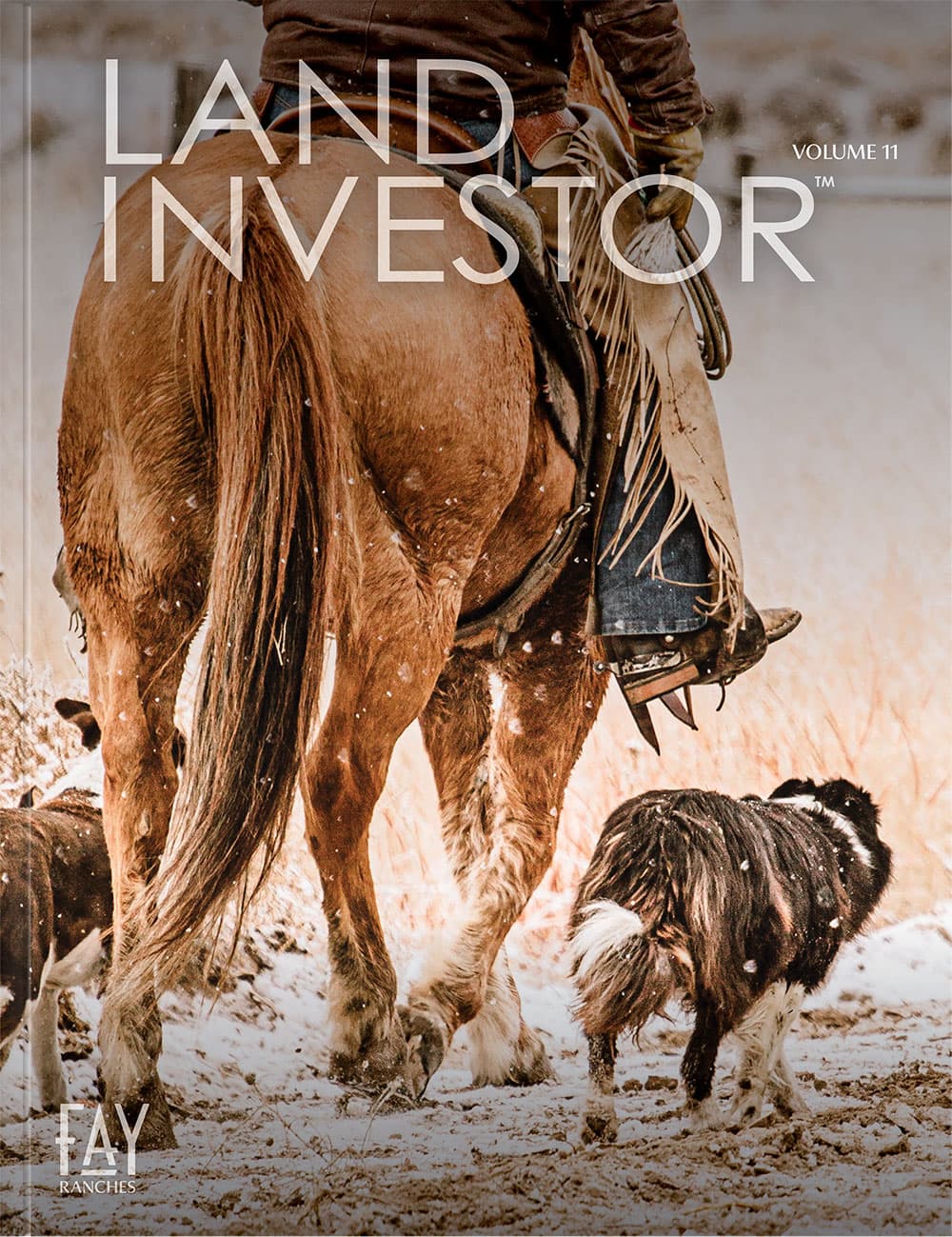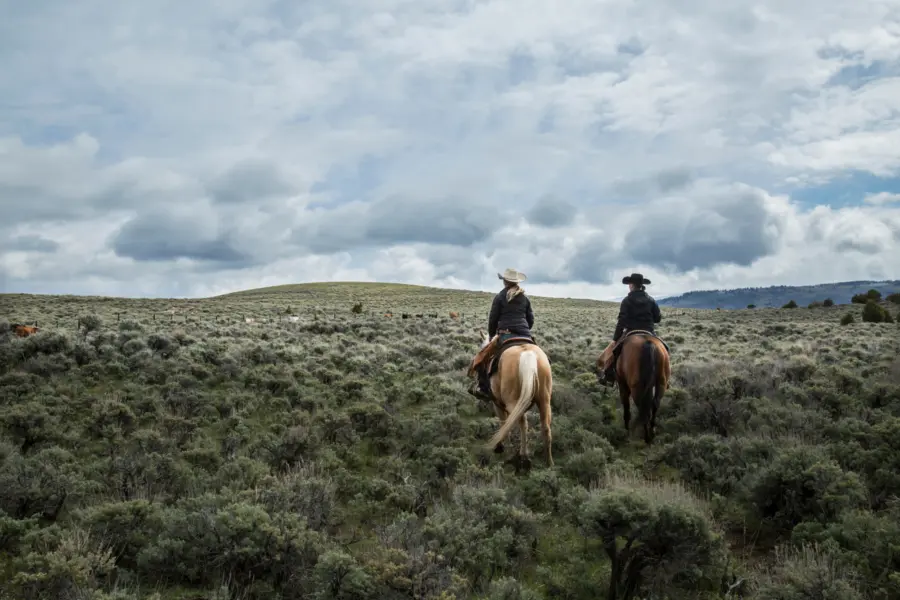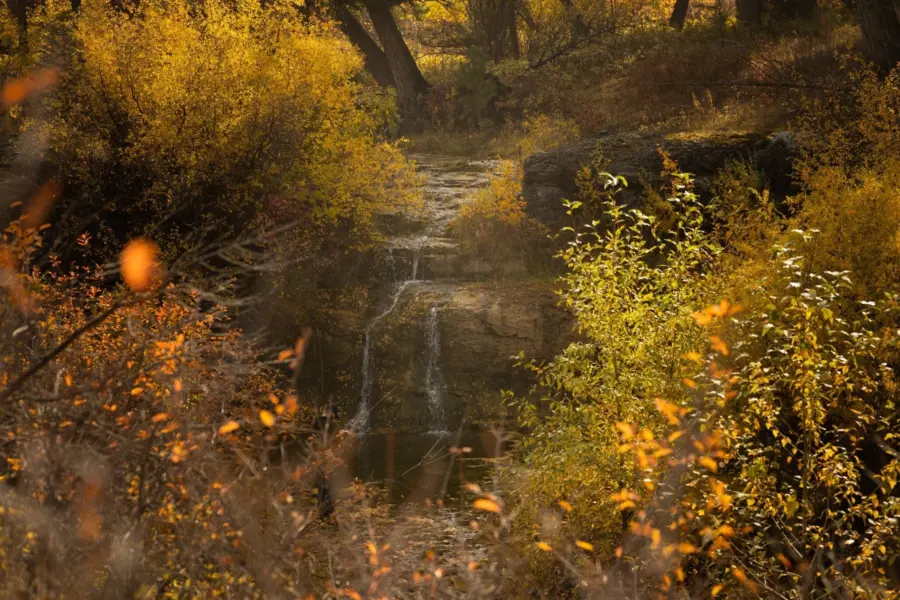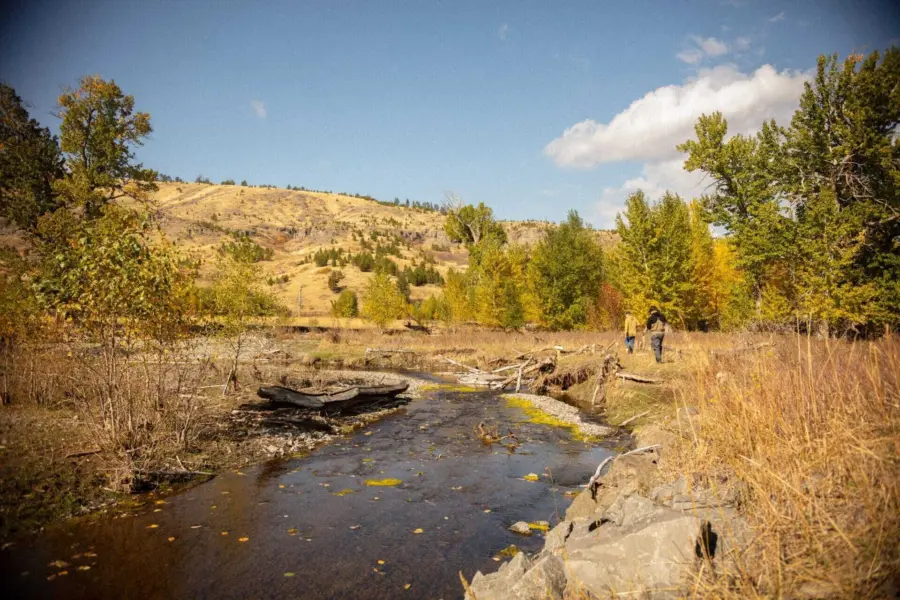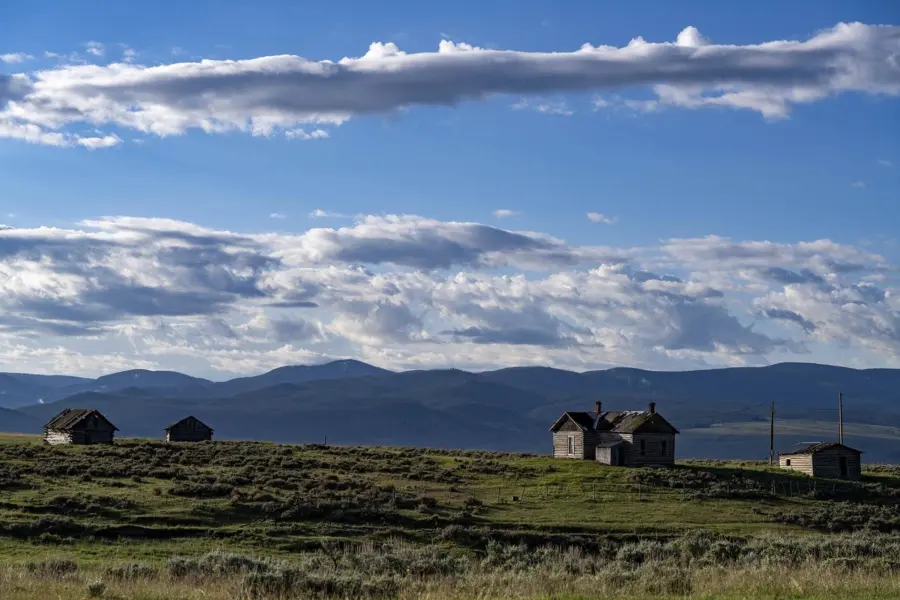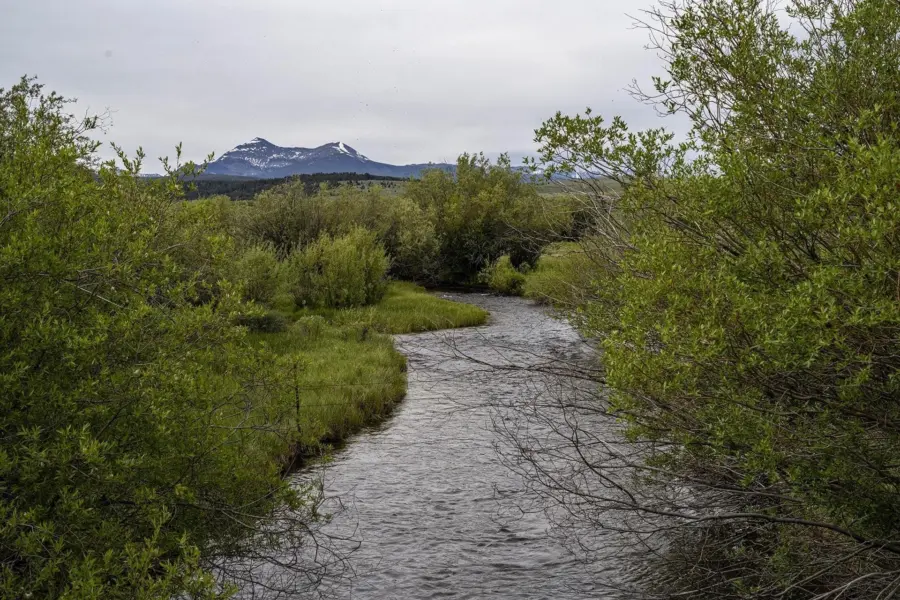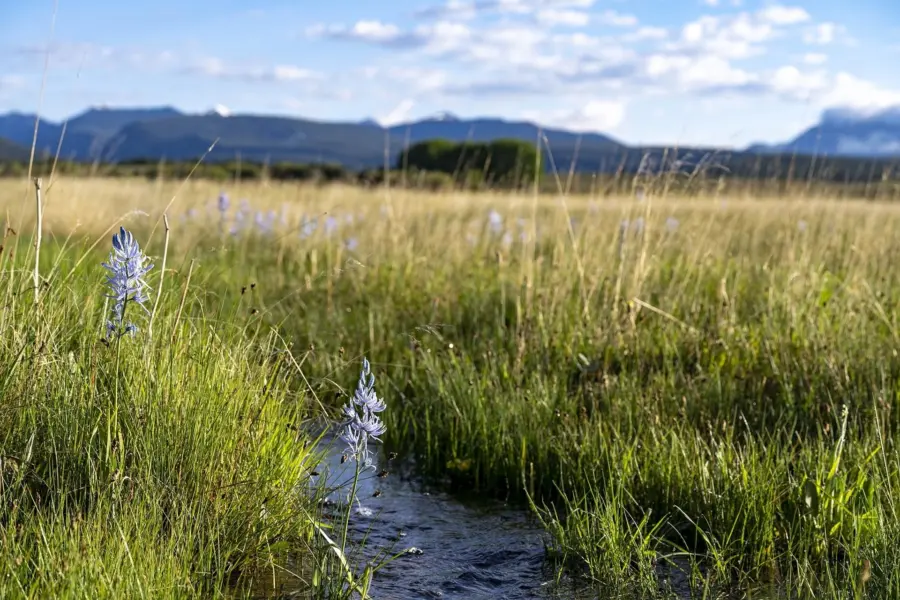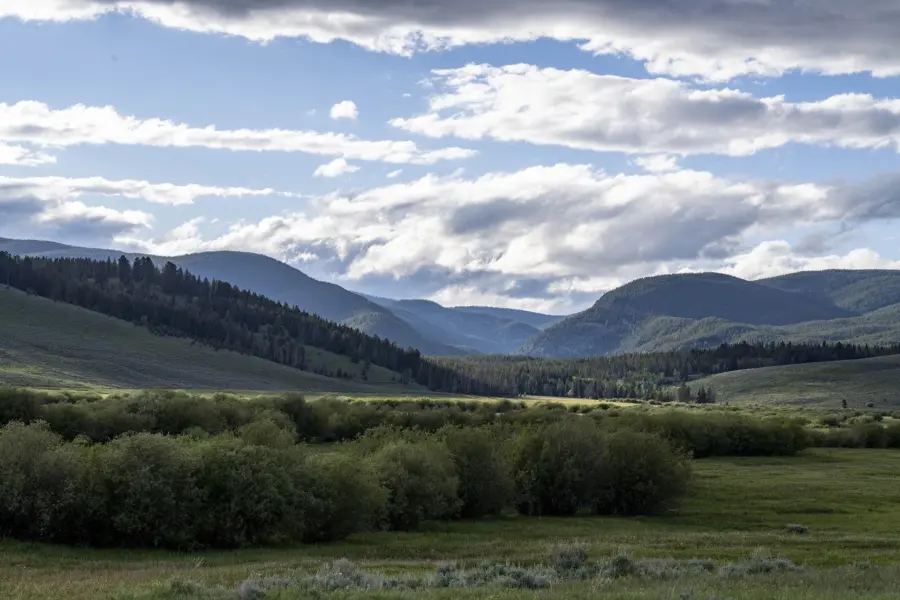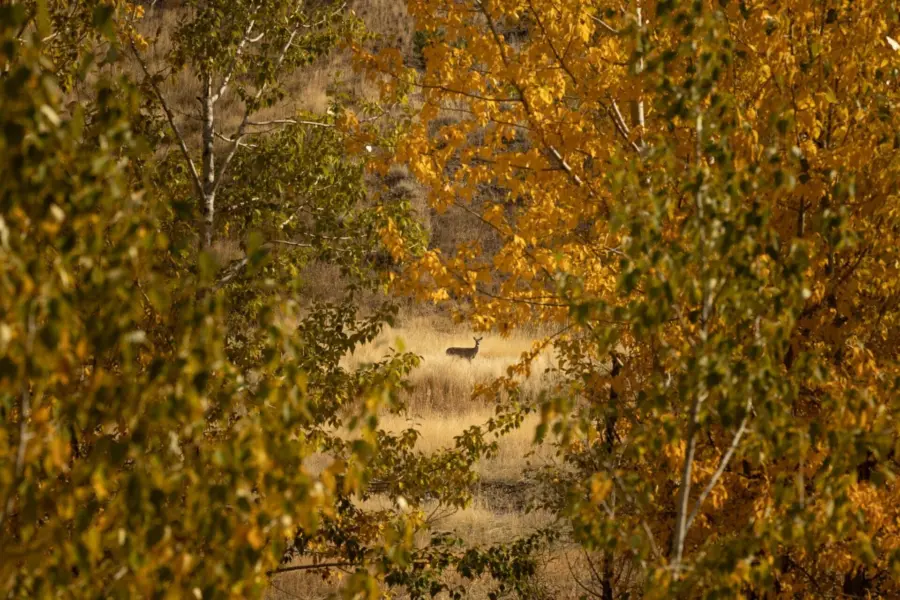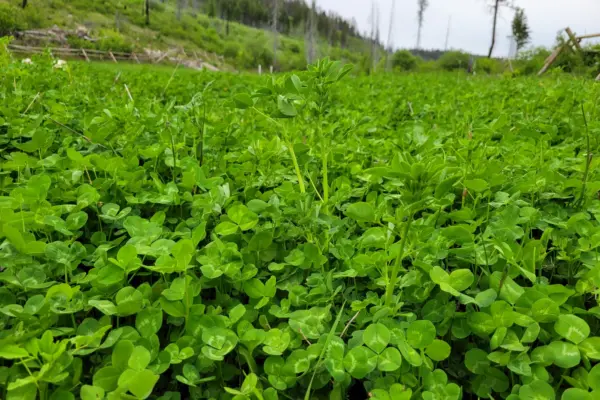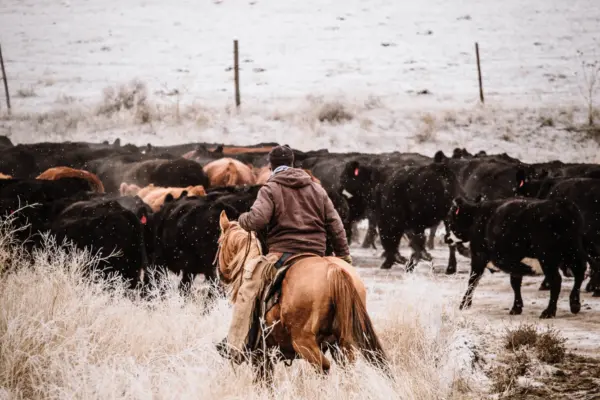STEP 5: CLOSING THE DEAL
The last phase of finding your ranch now begins. Your journey becomes real when your boots hit the dirt. You'll start confirming your priorities and what appeals to you and your family. You will learn more in one day of looking at land with a good broker than in weeks or months of obsessing over websites. However, you won't get much accomplished if you take a few days from a family vacation to look at ranches with your young children. You will need to focus on the task at hand when looking at ranches to make the most of your time. Only the decision-makers should attend until you have made the final decision or made an offer. If you have a family vacation scheduled for July, come out in April, May, or June to look at ranches. You may be in due diligence or ready to sign closing documents when you return with the family.
Know who the broker is representing. If the broker you've decided to work with shows you one of his/her listings, they will represent the seller. If it is not one of their listings, they will represent you.
Manage your expectations. As I mentioned before, there is no perfect property. You can spend a lifetime looking at land if you don't understand this point. You and your team can solve some problems, but some cannot. You need to decide what matters most and what you can live with.
After you've looked at some land, maybe you can't stop thinking about one of them. You find yourself daydreaming about being there. It's time to make an offer. Be prepared for what's ahead. The pace of this process may be frustrating.
Giving a seller at least three days to respond to an offer is customary, but a week is often provided. In many circumstances, family discussions need to occur. An attorney needs to review the document, and a decision to accept or counter needs to be made.
Often, this is a very emotional process for the sellers, and recognizing this by the buyer can go a long way. For many landowners, memories are scattered throughout homes, barns, fields, and valleys, not to mention blood, sweat, and tears. You are not buying a commercial building. The tone is critical. It is essential to show respect for the people who have dedicated their lives to the land, often for multiple generations. They need to feel good about whom they are selling their ranch to.
Often, a counteroffer is drafted and delivered to the buyer's agent. The essential deal points are the price and terms. Earnest money is customarily 3% of the offered amount.
